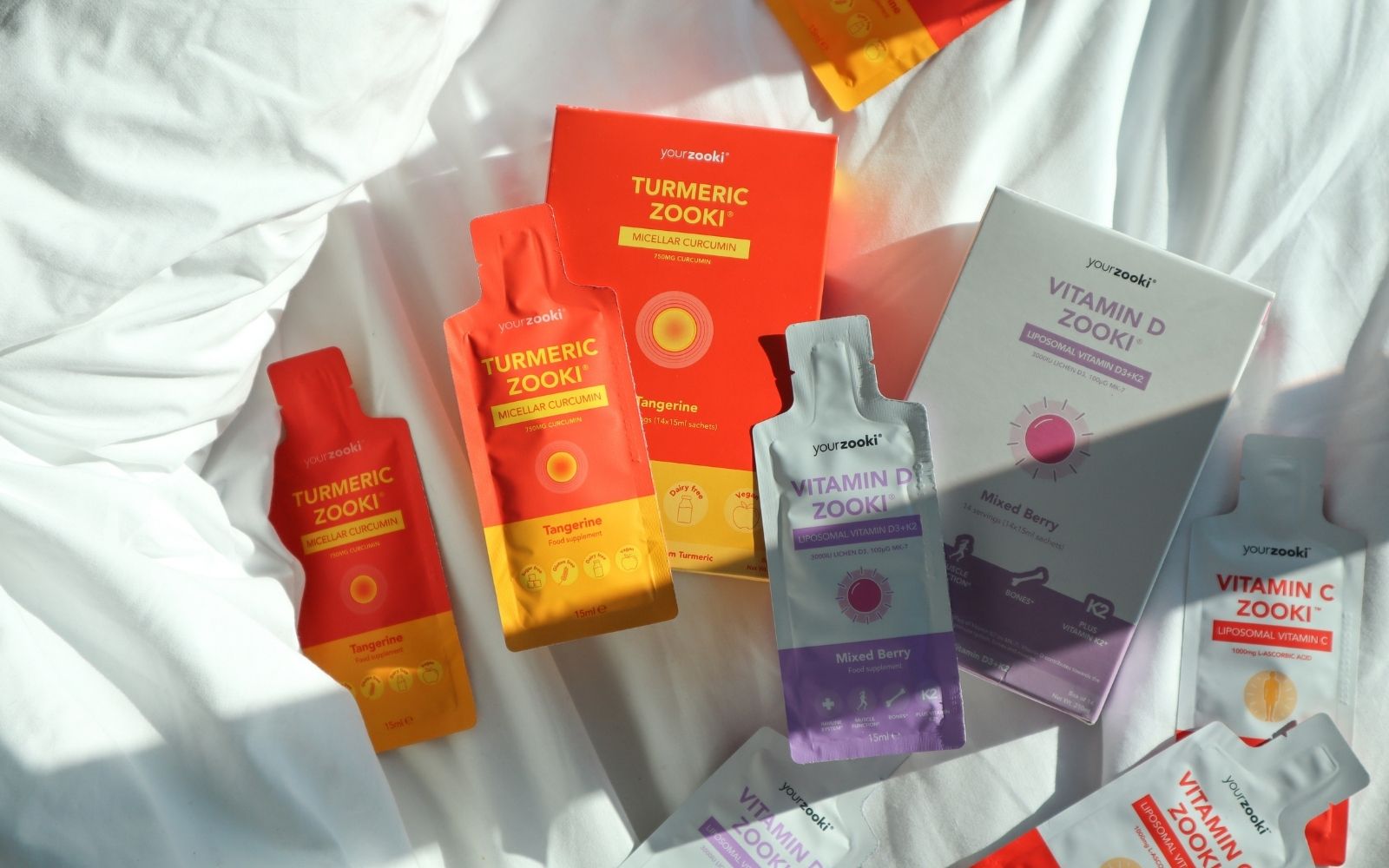Food should be our primary source of essential vitamins and minerals, but for many reasons, it's not always enough to achieve optimal wellness. But can we get all the nutrients we need for optimal wellness from food alone? Our ancestors didn’t need nutritional support, so do we?
What is optimal wellness?
There is a big difference between the amount of nutrients required to prevent deficiencies that would lead to serious degeneration, and the amount of each vitamin and mineral we need for optimal wellness.
When we think of optimal health, we don’t want to only attain ‘illness avoidance’, we want to set our focus further down the continuum, actively pursuing optimal wellness, which therefore means increased nutritional requirements. The ’Suggested Optimal Nutritional Allowance’ (SONA) is a target set for promoting optimal wellness and vitality.
What are our optimal nutritional requirements?
These days, you will find information about the Recommended Dietary Intake (RDI), Reference Nutrient Intakes (RNIs), Estimated Average Requirements (EARs), Lower Reference Nutrient Intakes (LRNIs) and many others. While these references are useful for preventing malnutrition, they do not address optimal nutritional intakes. They are simply references showing the minimum amount of a certain nutrient required to prevent illness.
There is no variability for high nutrient demands such as when you're sick, chronic stress, high levels of exercise, cigarette smoking, alcohol intake, restrictive dieting, environmental toxins, medications, altitude or the climate where you live, etc. Current research indicates that increased levels of nutrients above the current reference levels may be necessary in these instances.
Are we getting enough nutrients for optimal wellness?
Unfortunately, in the modern world we are seeing more and more people with nutrient deficiencies, even in those who eat incredibly well. Why is it that we still don’t reach the minimum baseline nutrition requirements, let alone the amounts we need to thrive, despite following a healthy diet? If it’s not the amounts and types of food we eat, it must be about quality.
More and more research is looking into the health of the soil, and it is being revealed that it’s lacking in minerals such as Selenium, Zinc and iodine. And if the nutrients aren’t in the soil, they can’t possibly be in our food.
Another nutrient we are commonly lacking in is Vitamin D. Diet alone cannot address Vitamin D deficiency, so it has been recommended for UK citizens by the NHS to take Vitamin D supplements during the winter months. However, due to factors like office work and sun cream, you may not be getting enough vitamin D in the summer either!
What causes us to be nutrient deficient?
As well as the lack of nutrients in our food, our modern-day lifestyles are busy and demanding, meaning we have higher nutrient requirements to function with ease.
Modern-day lifestyles increase nutrient requirements
The harder we push our bodies and the more stress we are under, the more vitamins and minerals our bodies use. In times of stress we use more B vitamins, vitamin C, magnesium and zinc just to name a few. Most of us in the Western world are living beyond our nutritional limits. Stimulant use like caffeine and refined carbohydrates are good examples of the crutches people are using to deal with the day to day load of stressors, increasing the need for nutrients in order to try and achieve optimal wellness.
Modern day farming increases our need for minerals
It is well known that modern agriculture is stripping soil of essential trace minerals, which is not being remineralised and replaced. This means that the foods we are eating are becoming more and more deficient in minerals. Minerals are key enzyme cofactors, and a deficiency in some of these minerals is becoming more and more common, leading to health issues.
Modern food convenience means we get less nutrients
Traditional diets were based on eating fresh or fermented fruits and vegetables, since no refrigeration was available to them. Fresh and fermented foods retain the highest amount of water-soluble vitamins. Water-soluble vitamins in fruit and vegetables are very unstable - as soon as you’ve picked them or unplugged them from the ground they start deteriorating. To the extent that after 4 days after being harvested up to 80% of the water-soluble vitamins, Vitamin Bs and Vvitamin C are lost. In modern supermarkets produce can be for sale up to 2 weeks after harvest, sometimes longer.
Modern eating eliminates the most nutrient-dense foods
Traditional cultures went out of their way to get nutrient-dense foods, eating organs, glands and special parts of animals, to maximise nutritional intake. Organs, particularly the liver, are one of the most nutrient dense foods on the planet. Unfortunately many people today don’t eat such foods today and are therefore missing out on the incredible nutritional benefits from doing so.
Environmental toxins increase need for micronutrients
Environmental toxins block enzyme function and increase the need for antioxidants, minerals and vitamins needed by the liver for detoxification of these toxins. The modern world is full of environmental toxins, such as PCBs, dioxins, plastics and heavy metals, all mobilised in the soil by acidic fertilisers.
Toxins are simply everywhere, and a lot of them cannot be escaped. What we can do is support body in dealing with them, which means more minerals, vitamins and antioxidants. This leads us to high-strength supplements, which can make up for the nutrients we aren't able to get from poor quality soil.
Summary
In order to try and achieve optimal wellness, it's important to focus on healthy habits such as eating energy-giving foods, daily gentle movement and adequate sleep, as they are all vital factors in health. All of these factors combined with quality nutritional support through supplementation will help us achieve optimal health, rather than simply reaching the base level required to avoid illness.






Share:
What are the symptoms of Collagen deficiency & depletion and how can we prevent it?
5 portions of fruit and vegetables a day: Is it really enough?